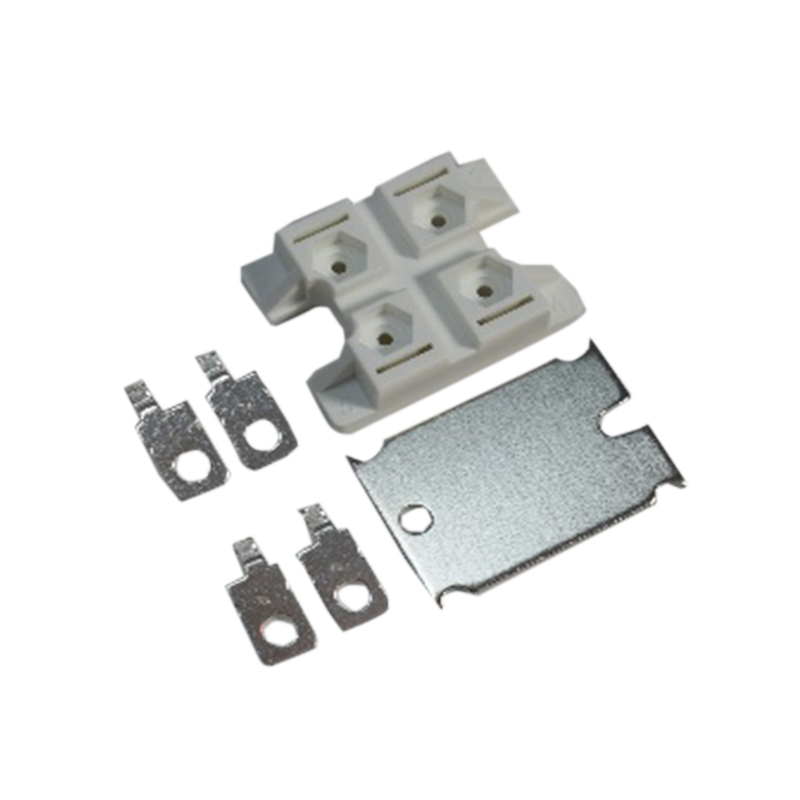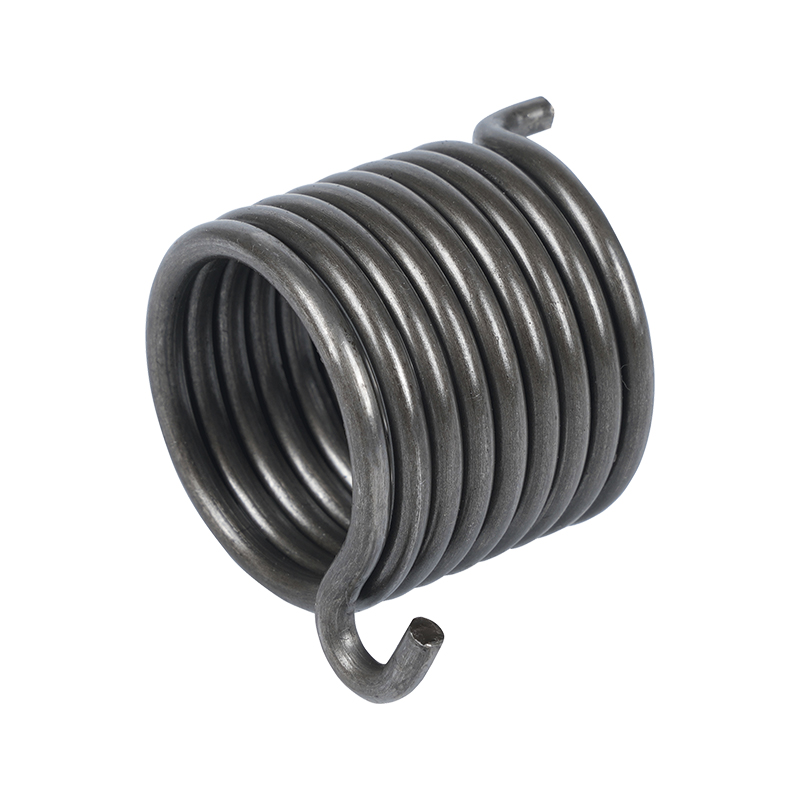Custom Cast Aluminum Solutions for Durable Industrial Applications
The Growing Demand for Durable Metal Components
In today’s industrial landscape, durability and precision are two of the more valued characteristics in material selection. From automotive parts to heavy machinery, manufacturers are turning toward metals that can withstand harsh environments while maintaining performance. Custom Cast Aluminum has become a preferred choice for these requirements due to its reliable strength-to-weight ratio, corrosion resistance, and versatility in design. Its ability to combine durability with lightweight properties makes it an essential material across multiple industries.

Why Custom Cast Aluminum Stands Out
Aluminum casting allows manufacturers to create complex shapes that would be difficult or expensive to produce through other methods. By using Custom Cast Aluminum, engineers can meet exact design specifications while ensuring consistency and quality throughout production. The process enables greater flexibility in wall thickness, surface finishing, and alloy selection, all of which contribute to performance and lifespan.
In industries such as transportation, construction, and electronics, components made from cast aluminum not only provide strength but also reduce overall product weight—helping improve energy efficiency and cost-effectiveness. This balance of functionality and economy is one reason aluminum casting continues to play a vital role in modern engineering.
The Role of Customized Stainless Steel in Complementary Applications
While aluminum offers lightness and corrosion resistance, certain applications demand additional toughness and heat resistance. This is where Customized Stainless Steel comes into play. The combination of aluminum and stainless steel components often creates a stronger and more adaptable system. For example, in high-temperature machinery or chemical processing equipment, stainless steel parts can reinforce aluminum assemblies, ensuring long-term stability.
Manufacturers frequently use both materials in tandem—aluminum for weight reduction and stainless steel for structural reinforcement or surface protection. Together, they deliver a balanced performance suitable for complex industrial operations.
Benefits of Tailored Casting Solutions
The strength of Custom Cast Aluminum lies not only in its physical properties but also in the ability to tailor solutions for specific applications. Each industry has unique requirements: an automotive manufacturer might need high-precision engine housings, while an electronics producer could focus on heat-dissipating enclosures. Through customized casting, these needs can be met efficiently.
Advanced foundry techniques allow for tighter tolerances, smoother finishes, and specialized coatings. Moreover, the use of modern simulation tools during the casting process helps engineers predict metal flow, solidification, and potential weak points before production begins. This predictive approach ensures higher reliability and reduces material waste.
Environmental and Economic Considerations
Sustainability is another driving factor in the rise of custom metal casting. Aluminum is fully recyclable, and the energy required to reprocess it is significantly lower compared to primary production. Many Custom Cast Aluminum manufacturers now integrate recycling systems into their production lines, supporting circular economy principles.
Similarly, Customized Stainless Steel is known for its long service life and recyclability. By combining both materials, industries can reduce maintenance costs and environmental impact. This balance between performance and responsibility aligns well with the global movement toward greener manufacturing practices.
Applications Across Multiple Industries
Custom casting technology has expanded into various sectors. In the automotive field, Custom Cast Aluminum is used for wheels, transmission cases, and suspension parts. In the energy sector, it supports turbine housings and electrical enclosures that must resist heat and corrosion. The construction industry benefits from lightweight aluminum components that simplify installation without compromising strength.
Meanwhile, Customized Stainless Steel continues to serve in applications requiring hygiene, wear resistance, and temperature endurance—such as food processing equipment, chemical containers, and medical instruments. Together, these two materials offer an adaptable foundation for manufacturers seeking to balance functionality, durability, and design freedom.
The Future of Metal Casting Innovation
As technology evolves, casting processes are becoming more precise, efficient, and sustainable. 3D printing for mold design, advanced automation, and improved alloy development are driving a new generation of metal components. The synergy between Custom Cast Aluminum and Customized Stainless Steel will continue to play a central role in this progress.
Manufacturers who invest in innovative casting solutions will not only enhance product performance but also strengthen their position in competitive markets. By embracing tailored materials and processes, industries can meet the growing demand for durable, efficient, and environmentally responsible metal products.
From lightweight structures to high-strength assemblies, Custom Cast Aluminum solutions are reshaping the possibilities of modern manufacturing. When combined with Customized Stainless Steel, they create a powerful partnership that supports long-term durability and design flexibility. As industrial applications continue to evolve, these materials will remain essential in delivering reliability, efficiency, and sustainable performance across global markets.


 English
English русский
русский Español
Español











